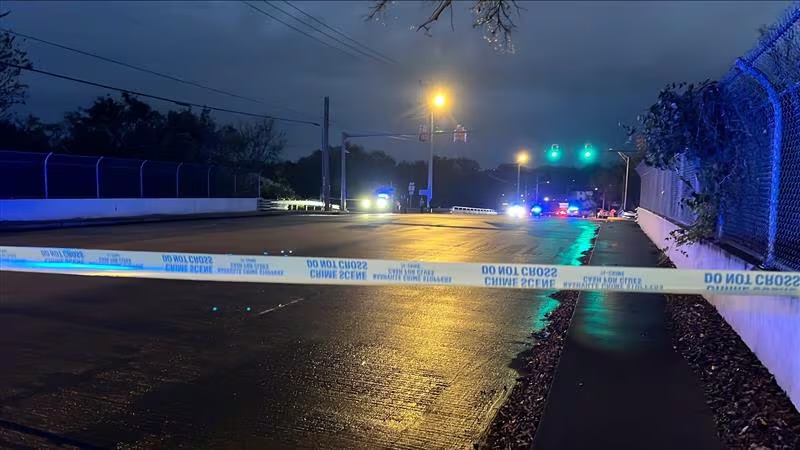A new law, HB 932/SB 897, will take effect in Tennessee on July 1, introducing statewide regulations on student cell phone use during instructional time. The legislation mandates that every public school district, including charter schools, develop a formal policy consistent with state law. Its primary aim is to restrict the use of cell phones and other wireless devices—such as tablets and smartwatches—during classroom instruction, except under specific, approved circumstances .
While the regulation applies universally across school districts, it grants individual boards the flexibility to define how it’s enforced. For example, some districts, like Rutherford County Schools, already align with the law by enforcing complete bans on device use during classes. Metro Nashville Public Schools (MNPS) is currently reviewing its existing rules and doesn’t anticipate major adjustments, as its current policies already fall within the bill’s requirements .
Williamson County Schools recently finalized a policy detailing how devices will be managed. For students in kindergarten through eighth grade, phones and other wireless tools must remain on silent and unused throughout the school day. In high school (grades nine through twelve), the rules are similar—except that students are permitted to use their devices during lunch periods. The policy also outlines clear exceptions, allowing device use in emergencies, for health-related needs, for teacher-authorized educational activities, or when a student’s IEP or disability requires it. Staff members are authorized to confiscate non-compliant devices for the remainder of the day .
Advocates for the legislation, including lawmakers and teachers, emphasize its intended benefits: improved classroom focus, reduced distractions, and better support for students’ mental health. Data from the National Center for Education Statistics indicates that over half of school leaders have noted the negative academic and emotional impact of phones in class. Meanwhile, parents express mixed feelings—while they appreciate the focus on learning, many still want their children to have access to phones in the event of emergencies .





